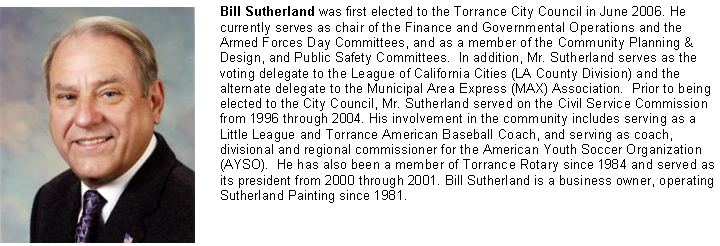
|
†2011 Works in Progress |

|
Pentagon Papers: Volume IV |
|
Share / Bookmark |
|
Robert McNamara |

|
The Johnson Years Continue† /† 1966 - 1968 |
|
The President and his Secretary of Defense carry the war north with an air campaign |
|
Volume IV of the Gravel Edition of the Pentagon Papers details the President and his Secretary of Defense, as they carry the war north with an air campaign.
Our original production traces this development during the second half of President Lyndon Johnsonís first full-term in office.† These events will be theatricalized with actors, historical images, and music.
Volume IV begins in mid-1965 after the air campaign, known as Rolling Thunder, had been going on for several months following the attacks on U.S. facilities and personnel at Pleiku.† The Secretary of Defense Robert McNamara and the Joint Chiefs of Staff were looking to expand the use of American military resources to force North Vietnam to end its insurgency in South Vietnam.† American forces had grown to 70,000 troops and were about to expand to 200,000.
There were senior members of the Administration, however, who urged the President to reconsider this policy before the nation waged a greater number of lives and resources.† Accordingly, Johnson asked McNamara to survey Vietnam yet again before making his decision.† McNamara did so, and returned to Washington with a changed recommendation: while the ground forces would grow, he advised keeping the bombing program at the same level.
Furthermore, as the year drew to a close, the Administration called a halt to the aerial bombing to induce North Vietnam to pull back and engage in negotiations.† Instead, the Hanoi government used the bombing pause to resupply its allies and forces in the south.† As a result, the U.S. increased its bombing campaign when it resumed at the beginning of 1966.
America had largely taken over the war by this point, but, nonetheless, it wanted to portray itself simply as helping the government of South Vietnam.† It also worked diligently to transform the government of generals and colonels into a constitutional democracy: no easy task given the religious and political inequities that were always on the verge of erupting and distracting from the war effort.
In the United States, divisive sentiment was emerging among both Congress and the citizenry who were questioning the seemingly endless war.† The Presidentís approval polling began to drop, not disastrously, but enough to encourage him to strive for a middle course.† Troop strength grew from 200,000 to 470,000.
To support the effort of the ground campaign, the military was pushing hard to expand the aerial campaign.† McNamara was resistant; he was focusing on evidence that, while the air war had wiped out most military targets in the north, Hanoi was able to resupply it southern forces.† All that was left to bomb were target areas that threatened massive civilian casualties.† In October, 1966, McNamara toured Vietnam once again and came away discouraged by the lack of progress.† He urged the President to seek resolution through negotiations.
A conflict between the Secretary of Defense and the military grew throughout the first half of 1967, putting the President in a difficult position.† It reached a climax during the summer months when, playing an end run around McNamara, the military coaxed Senate supporters to hold hearings on the aerial campaign.† The result was a report critical of the Administrationís tempered policy.
Subsequently, the President gave the military approval to unleash a bombing program greater than the aerial campaigns of World War II.† McNamara, seeing his reasoned policy advice set aside, prepared for his resignation in the fall.†
For the military, increased bombing was insufficient; it also wanted to increase ground forces by an additional 200,000 troops and a call-up of 270,000 Reserves.† In an upcoming election year, the President hesitated at this increase, as he was facing an expanding anti-war movement across the country.† One of his own partyís Senators declared to challenge him in each of the primaries.
Meanwhile, the military gave positive reports on the effect of their aggressive actions.† These reports, and their credibility in the publicís eye, were shattered by events in early 1968.† The Hanoi government and its southern allies launched what became know as the Tet Offensive.† It demonstrated to the American electorate what McNamara and his analysts had been reporting privately for more than 18 months: that the insurgents were receiving all the supplies they needed to wage a country-wide assault.
Weeks later in the New Hampshire primary, President Johnson was defeated by the peace candidate, and, soon after, he took himself out of the running.† He determined to use the remainder of his Presidency seeking a negotiated settlement. |
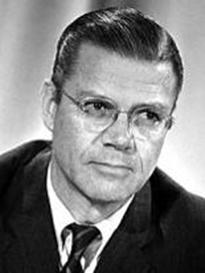
|
Cast |
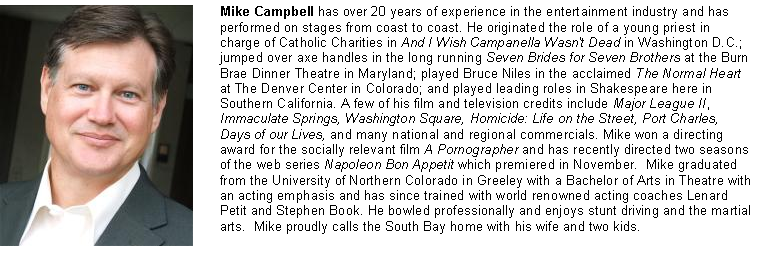

|
Jenny Kang has recently received her bachelors in Theater and Performance Studies at UC Berkeley in Spring 2009. There she was able to thoroughly build her craft through main stage productions, such as Wintertime, Bacchae, and Top Girls. She also had the rare opportunity to work with world renowned playwright Phillip Kan Gotanda in his play A Fist of Roses and with IMPACT Theater in the production of A Midsummer Night's Dream at Berkeley. Post graduation, she has recently been a part of the production A Thousand Cranes at the La Mirada Theater and the production of Why Does Jasmine Turns Counterclockwise? presented at the Korean Cultural Center.† Jenny appeared as Scarlett in the 2010 Works in Progress production of English Only. |
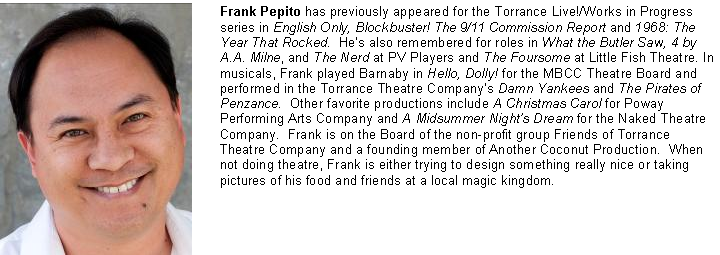


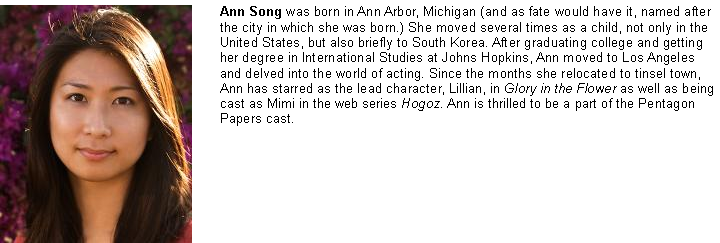

|
Works in Progress is a program of the Cultural Services Division of the Torrance Community Services Department.†† This series is presented in association with El Camino College Community Education, Torrance CitiCABLE 3, Torrance Community Television, Torrance Historical Society & Museum, Torrance Public Library, University Art Gallery CSU Dominguez Hills, Vietnam Veterans of America - Chapter 53 |
